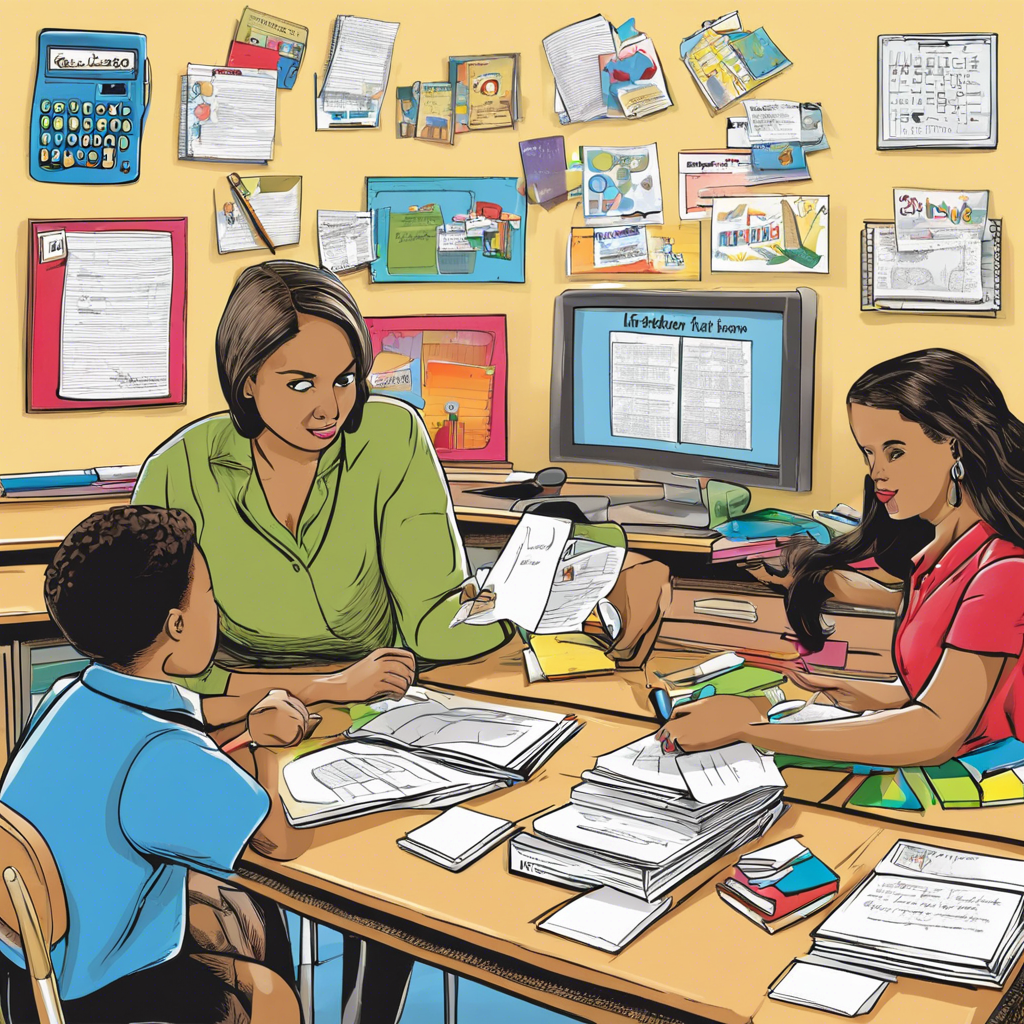Handling challenging students is an art that many teachers strive to master, and their approaches can significantly impact the overall classroom environment. Every teacher encounters students who test boundaries, disrupt lessons, or struggle with self-control. These students often require additional attention and tailored strategies to ensure their own learning journey and that of their peers remains on track. So, how do educators handle these challenging situations?
Firstly, building a positive relationship forms the cornerstone of effective management. Teachers often invest time in getting to know their students personally, understanding their interests, strengths, and potential triggers for challenging behavior. This connection enables teachers to tailor their approach, appealing to the student’s motivations and creating a sense of trust. For instance, a teacher might engage a disinterested student by linking lesson content to their favorite video game or sports team, sparking their curiosity and willingness to participate. Moreover, teachers can establish clear expectations and boundaries from day one, ensuring students understand the consequences of their actions. This consistency promotes a sense of fairness and helps students feel secure in the classroom structure.
– One successful strategy is to offer choices within boundaries, allowing students a sense of autonomy while maintaining control. For example, a teacher might say, ‘You can either complete this assignment now or during the break. Which do you prefer?’ This approach empowers students to make decisions while keeping them on task.
When a student’s behavior becomes disruptive, teachers often employ de-escalation techniques to maintain classroom harmony. This could involve discreetly communicating with the student to understand the underlying cause of the behavior and finding a mutually respectful solution. Teachers might also use humor or diversion tactics to redirect attention and defuse tension. After an incident, teachers might arrange a private conversation to address the behavior and explore strategies to prevent reoccurrence. Additionally, teachers often collaborate with colleagues, school counselors, or parents to develop individualized behavior management plans. These plans might include specific goals, rewards for positive behavior, and strategies for managing stress or emotions. Regular reviews of these plans ensure that support is adjusted as the student’s needs evolve. In conclusion, managing challenging students is a nuanced skill, requiring empathy, creativity, and persistence. By building relationships, setting clear expectations, and employing tailored strategies, teachers can effectively navigate these challenges, ensuring every student feels valued and supported in their learning community.
